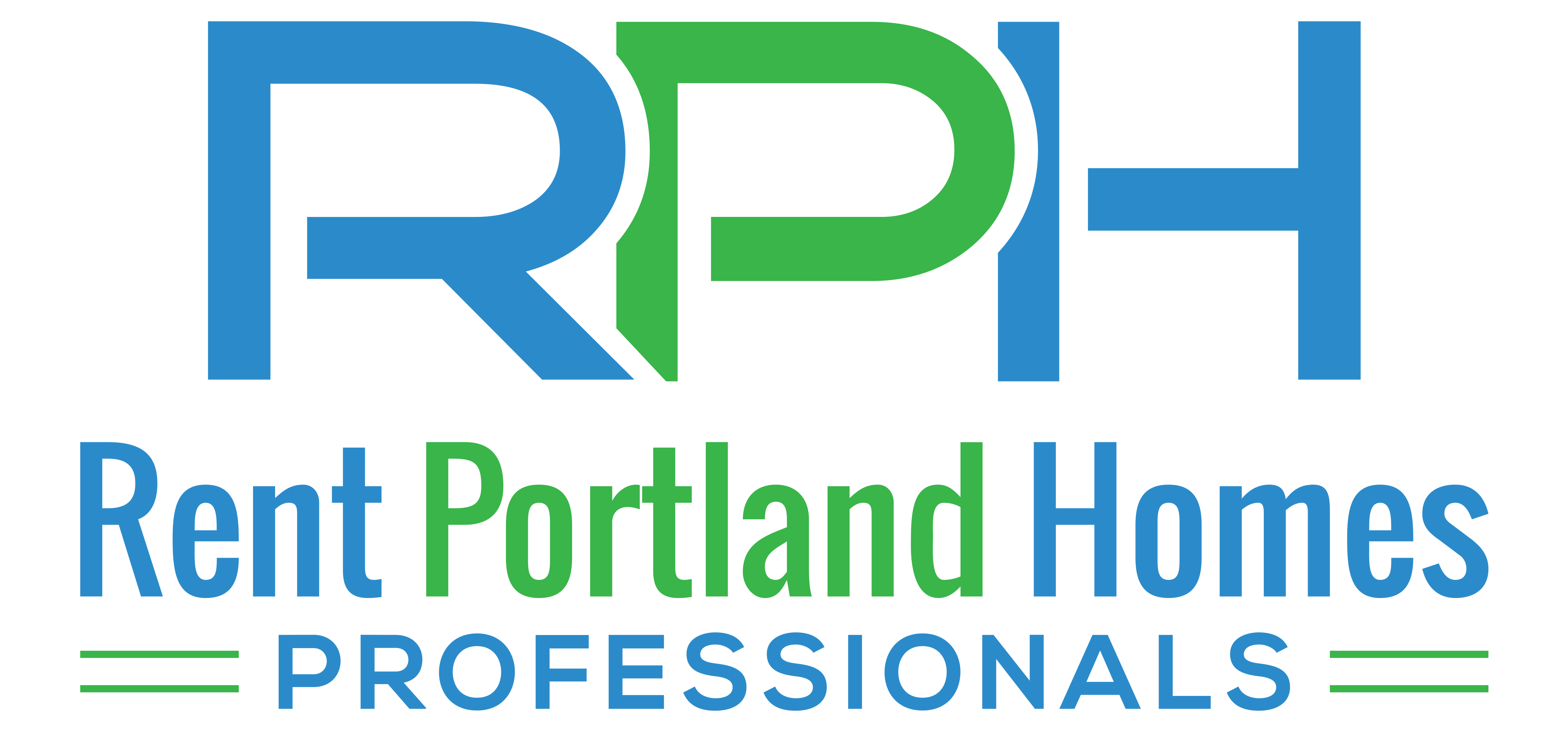Are rental properties still a smart investment?

Are you thinking about buying rental properties in Portland, or the surrounding area but you’re also wondering if they still are a smart investment? If so, you’ve come to the right place!
With a changing economy it’s easy to see why investors are wondering if they should consider investing in rental properties or other assets but the reality is that rental properties still make a smart investment, especially for these reasons:
Steady Income Stream:
Rental properties can provide a steady and predictable income stream through monthly rent payments. This can be particularly appealing for investors seeking regular cash flow.
Appreciation Potential:
While not guaranteed, real estate has the potential to appreciate over time. Property values may increase due to factors such as improvements in infrastructure, economic growth in the area, or increased demand for housing.
Tax Advantages:
Real estate investors may benefit from various tax advantages. Deductions may include mortgage interest, property taxes, operating expenses, and depreciation. Additionally, profits from the sale of a property may qualify for favorable capital gains tax treatment.
Portfolio Diversification:
Real estate provides diversification in an investment portfolio. Having a mix of asset classes, including real estate, can help spread risk and reduce the impact of poor performance in one sector.
Control Over the Investment:
Unlike some other investments, such as stocks, bonds, or mutual funds, real estate provides investors with a tangible asset that they can directly control. Property owners have the ability to make decisions about improvements, tenant selection, and property management.
Inflation Hedge:
Real estate has historically been considered a hedge against inflation. Inflation can lead to increased property values and rental income, providing a level of protection for investors.
Loan Leverage:
Real estate investments often involve the use of leverage through mortgages. By using borrowed funds, investors can amplify their potential returns. However, it’s important to note that leverage also increases risk.
Potential for Forced Appreciation:
Investors can increase the value of their property through strategic improvements and renovations. This is known as forced appreciation, where the investor actively enhances the property’s value.
Retirement Income:
Rental properties can serve as a source of income during retirement. Investors may choose to live off the rental income or sell properties to fund their retirement lifestyle.
Control Over Exit Strategies:
Real estate investors have control over when and how they sell their properties. This flexibility can be advantageous, allowing investors to time their exits based on market conditions and personal financial goals.
While there are potential benefits to investing in rental properties, it’s crucial to acknowledge the associated risks and challenges. Real estate markets can be cyclical, and economic factors, property management issues, and unexpected expenses can impact returns. As with any investment, thorough research and careful consideration of your financial goals and risk tolerance are essential. Consulting with financial professionals and real estate experts can provide valuable guidance.
Things To Consider Before Investing In Rental Properties
The wisdom of investing in rental properties can depend on various factors, and it’s essential to conduct thorough research and consider your own financial goals and risk tolerance. Here are some factors to consider when evaluating whether rental properties are a smart investment:
1. Market Conditions: Real estate markets can vary significantly by location. Some areas may experience high demand for rental properties due to job growth, population influx, or other economic factors, while others may not be as favorable. Research the current and future market conditions in the area where you’re considering investing.
2. Local Regulations: Understand local laws and regulations related to rental properties, including zoning laws, rent control, and tenant rights. Changes in regulations can impact the profitability of your investment.
3. Financing Costs: Consider interest rates on mortgages and other financing costs. Low-interest rates can make financing more affordable, while higher rates can impact your overall return on investment.
4. Property Management: Managing a rental property can be time-consuming. If you don’t have the time or inclination to handle property management tasks, you may need to budget for a property management company, which will impact your overall profitability.
5. Maintenance and Upkeep: Real estate requires ongoing maintenance and occasional major repairs. Be prepared to budget for these expenses to ensure the property remains in good condition.
6. Rental Income vs. Expenses: Evaluate the potential rental income against your expected expenses, including mortgage payments, property taxes, insurance, and maintenance costs. Ensure that the property can generate positive cash flow.
7. Appreciation: While not guaranteed, real estate has the potential to appreciate over time. Consider the historical appreciation trends in the area you’re considering for investment.
8. Diversification: Diversifying your investment portfolio is generally a good strategy to spread risk. If you already have investments in other asset classes, adding real estate can contribute to diversification.
9. Economic Factors: Consider broader economic trends that could impact the real estate market, such as interest rate changes, economic downturns, or changes in consumer behavior.
10. Long-Term vs. Short-Term Goals: Assess whether you’re looking for a long-term investment with steady cash flow or a shorter-term investment with the potential for quick returns through property value appreciation.
It’s important to note that all Oregon investments carry risks, and there is no one-size-fits-all answer. Consulting with financial advisors, real estate professionals, and doing thorough due diligence can help you make an informed decision based on your unique circumstances and goals.
Investing in rental properties in Portland Oregon is great but, hiring a property manager is even better because, an experienced property manager will save you the time, money and hassle of managing your property yourself and they will keep your property a truly passive investment.
To learn more about the property management services that we can offer you, contact us today by calling (503) 791-4610 or click here to connect with us online.








